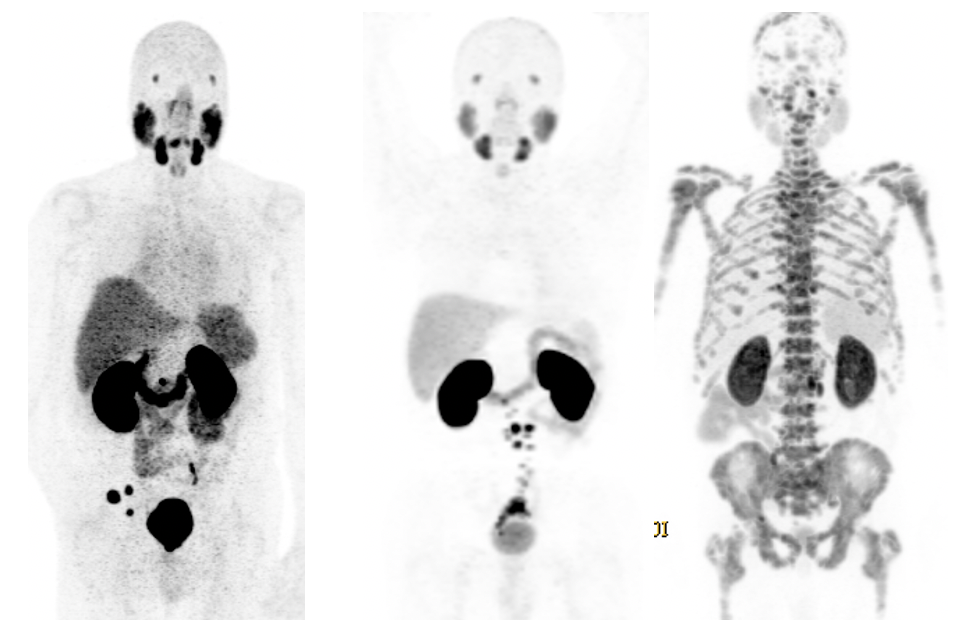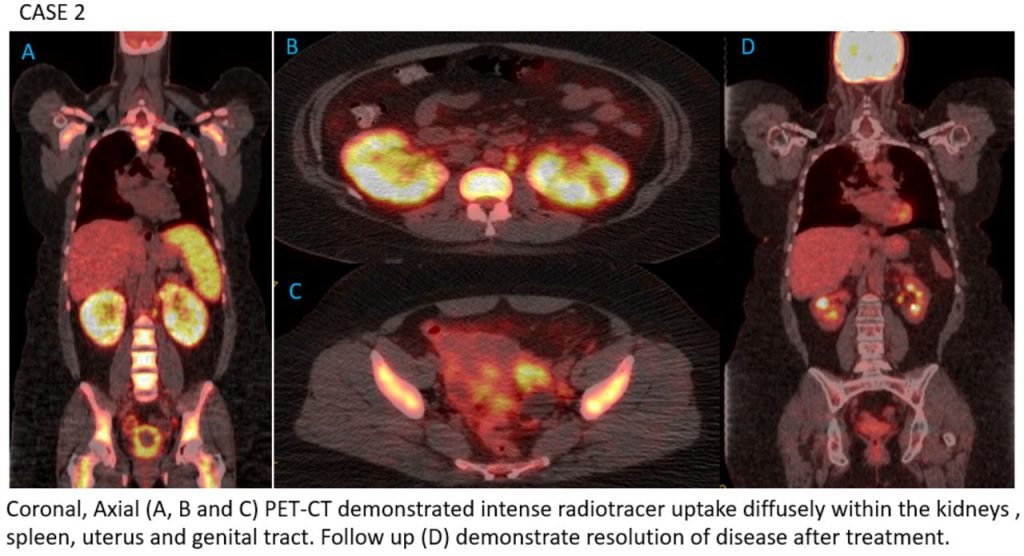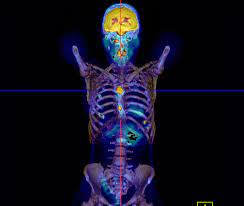Understanding the Benefits of PET/CT Scan for Cancer Screening

In the field of cancer diagnosis and treatment, medical advancements have revolutionized the way we detect and manage this complex disease. One such breakthrough technology is the PET/CT scan, which combines the power of two imaging techniques to provide accurate and detailed information about cancerous cells in the body. In this article, we will explore the benefits of PET/CT scans as a valuable tool for cancer screening, providing insights into its functionality, advantages, and how it aids in the early detection and treatment of cancer.
- What is a PET/CT Scan?
A PET/CT scan, short for Positron Emission Tomography/Computed Tomography, is a non-invasive medical imaging procedure that uses a combination of two imaging techniques to create detailed three-dimensional images of the body. PET scans measure metabolic activity, while CT scans provide anatomical information, resulting in a comprehensive evaluation of the body’s tissues and organs.
- Benefits of PET/CT Scan for Cancer Screening
2.1 Early Cancer Detection
Early detection is crucial in improving the chances of successful cancer treatment. PET/CT scans have proven to be highly effective in identifying cancerous cells at an early stage, even before they cause noticeable symptoms. By detecting cancerous changes at their earliest stages, doctors can initiate treatment promptly, potentially increasing the chances of successful outcomes.
2.2 Accurate Staging and Localization
PET/CT scans help determine the stage of cancer by precisely locating the tumor, analyzing its size, and identifying any potential spread to nearby lymph nodes or distant organs. Accurate staging is essential in planning the most suitable treatment strategy and determining the prognosis. PET/CT scans assist in ensuring that treatment plans are tailored to each patient’s specific needs, minimizing unnecessary procedures or surgeries.
2.3 Monitoring Treatment Response
After initiating cancer treatment, regular monitoring of the tumor’s response is crucial to evaluate the effectiveness of the chosen therapy. PET/CT scans play a vital role in assessing treatment response by comparing the metabolic activity of cancer cells before and after treatment. This information enables physicians to make informed decisions regarding treatment modifications, ensuring patients receive the most effective care throughout their cancer journey

- Advancements in PET/CT Scan Technology
Over the years, technological advancements have significantly enhanced the capabilities of PET/CT scans. These advancements include improved image resolution, reduced scanning time, and the development of specialized tracers that target specific cancer types or biological processes. With these enhancements, PET/CT scans have become even more precise, reliable, and accessible, leading to better diagnostic accuracy and patient care.

- Conclusion
In the realm of cancer screening and diagnosis, the PET/CT scan has emerged as a valuable tool, offering a multitude of benefits. From early cancer detection to accurate staging and treatment monitoring, this innovative imaging technique has revolutionized cancer care. As technology continues to evolve, PET/CT scans will further enhance our ability to detect cancer at its earliest stages, ultimately saving lives through improved treatment outcomes.
If you are concerned about cancer or have a family history of the disease, consider discussing the potential benefits of a PET/CT scan with your healthcare provider. Early detection remains the best defense against cancer, and the PET/CT scan can play a pivotal role in providing the necessary insights to ensure timely intervention and successful treatment.
Remember, when it comes to cancer, knowledge is power, and the PET/CT scan empowers both patients and healthcare professionals to fight against this formidable disease.